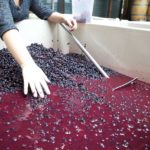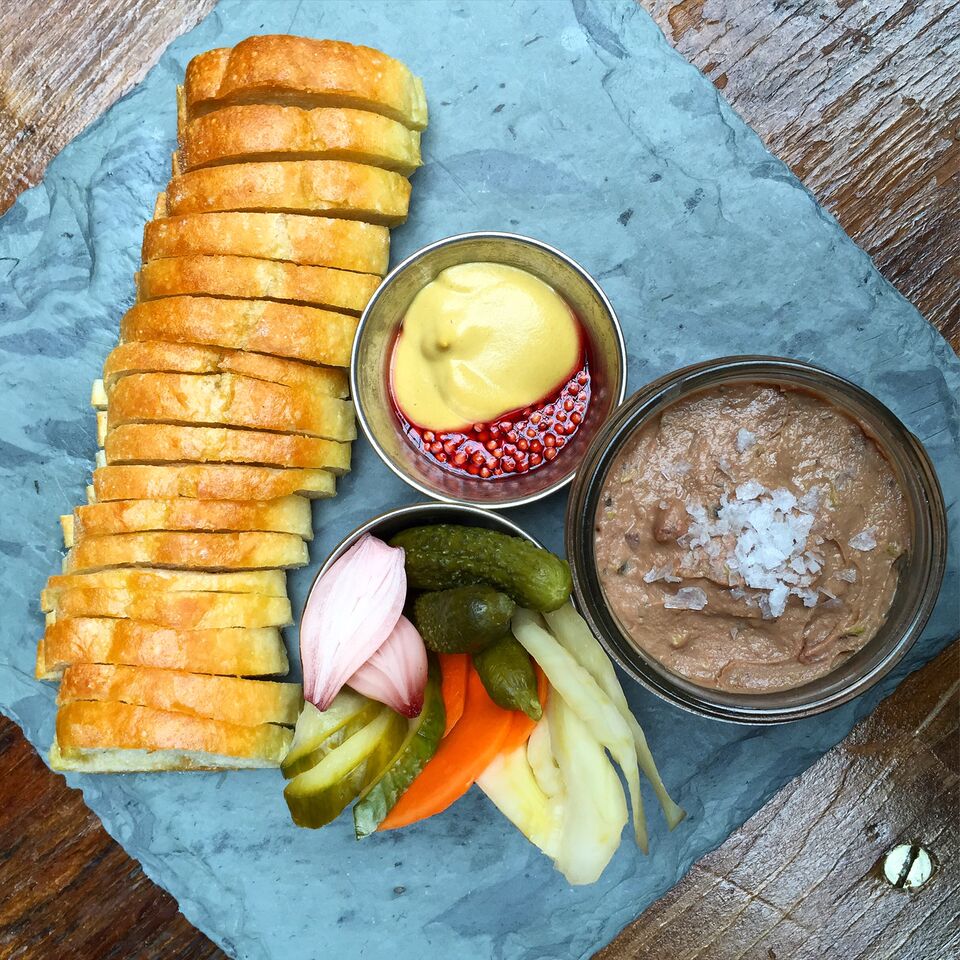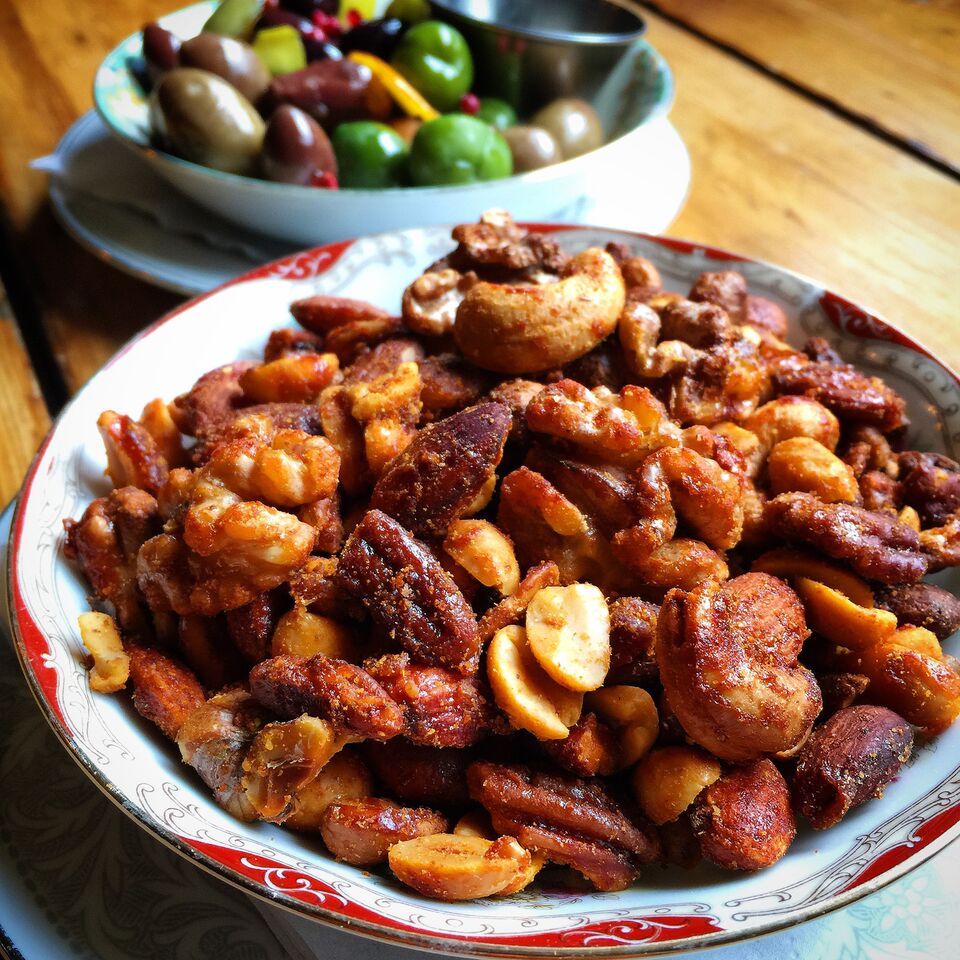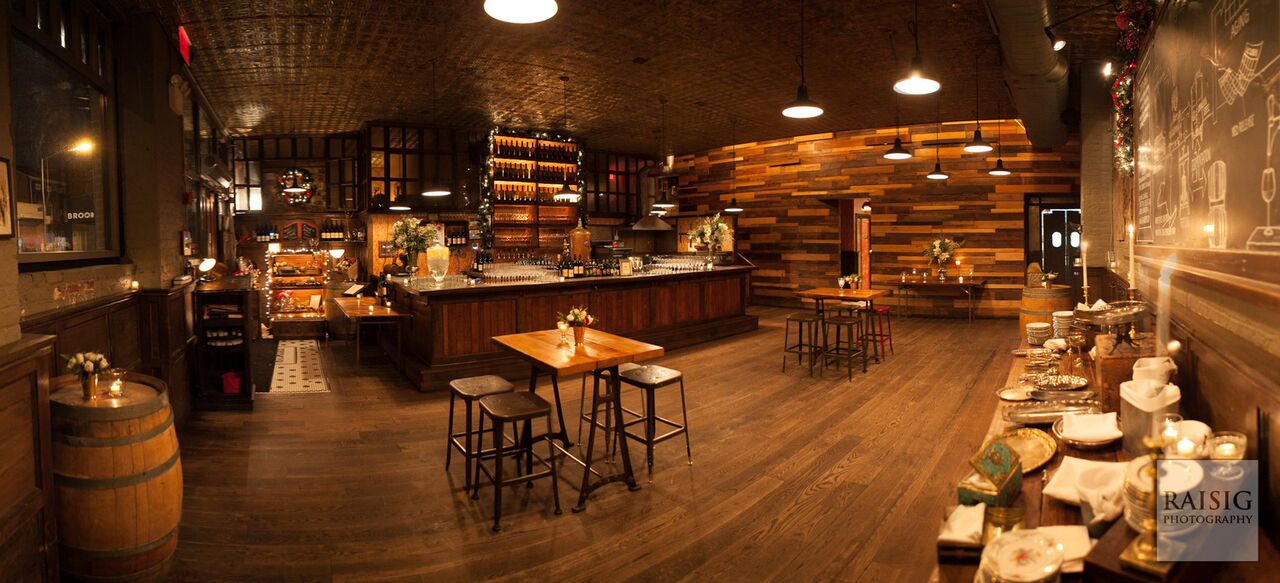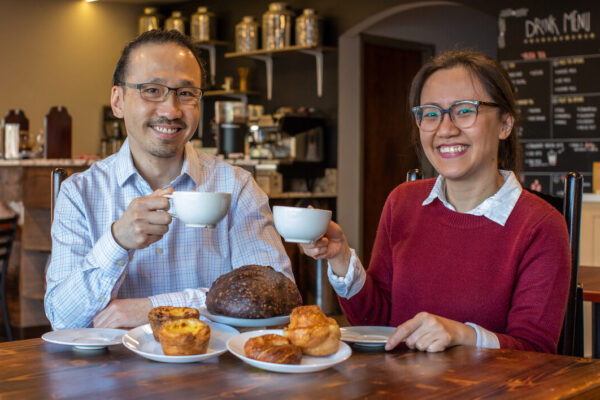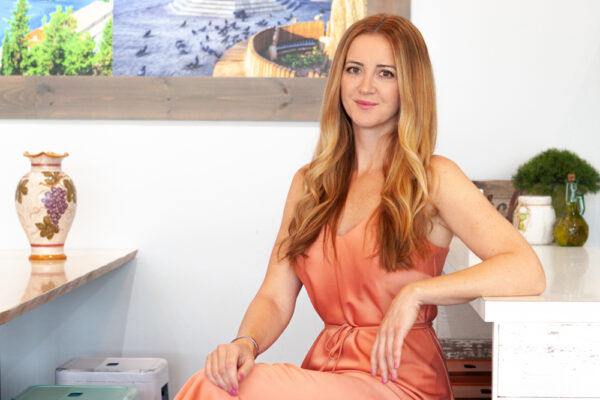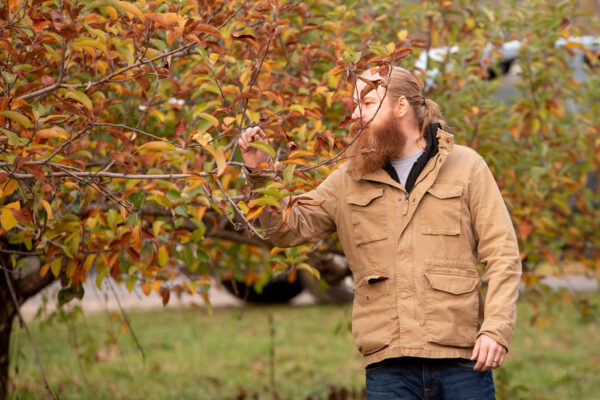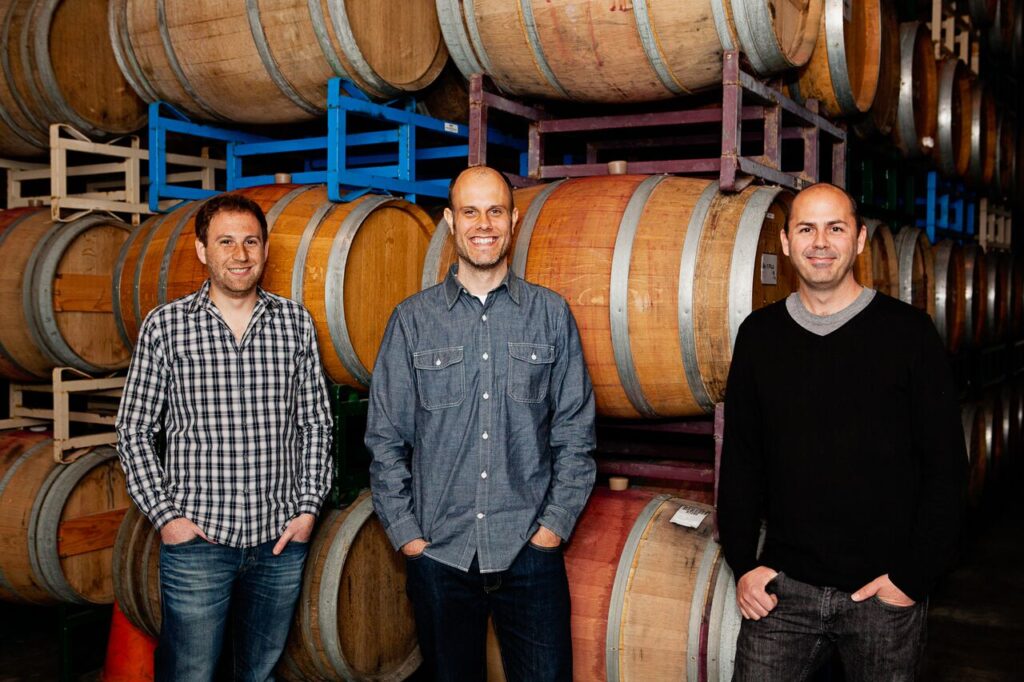
Brooklyn Winery had a rough start: It opened its doors in the midst of a struggling economy, and soon after going all in with their business idea, the founders realized it wasn’t going to work.
When talking with co-founder Brian Leventhal, one of the things that stands out is his self-awareness:
“There were definitely a lot of roadblocks. We opened doors fall of 2010 with this original idea of people coming in and making their own wine. But we realized, relatively quickly, our original idea was completely wrong,” says Leventhal.
Path to entrepreneurship and an idea
Leventhal already had a successful and enduring business under his belt before forming Brooklyn Winery. In 2003, while he was still an undergrad, Leventhal started Wydown Water, a water delivery service that rents and stocks water coolers in students’ dorm rooms. He leased operating space from the school through the Student Entrepreneurial Program. Upon graduation, Leventhal sold Wydown Water, which has become a fixture on campus.
Even so, Leventhal felt he needed more experience before fulfilling his dream of running his own business. After graduating, he took a consulting job that he felt would help him develop skills he’d need as an entrepreneur. Two years later, Leventhal left that job to join a startup.
During his three-year stint there, he had the opportunity to work closely with the startup’s founder, applying what he’d learned in consulting and gaining insight into business management.
These experiences gave Leventhal the confidence he needed to run his own business.
The big idea
While working at the startup, some of Brian’s colleagues invited him to join their winemaking group.
Each year, the group would make a handful of trips to a small winemaking center in New Jersey. The make-it-yourself winery was able to bypass winemaking regulations through a loophole that allowed households to make small batches of wine as long as it wasn’t intended for resale.
The winemaking center’s value proposition wasn’t about selling wine — it was the unique experience of making wine with friends.
John Stires, a coworker of Leventhal’s, was also in the group. As their friendship grew, the two began talking about how difficult it was to get out to New Jersey and lamented that there wasn’t anything like the make-it-yourself winery in New York. Both savored the winemaking experience and believed there would be ample interest among other young urbanites if they could make it happen in their own city.
The Recession and the decision
While their winery idea was taking shape, the Great Recession hit and the startup they were working for began to struggle. There were layoffs, and though Leventhal and Stires were not let go, several friends lost their jobs.
The two began to put more thought toward the small-batch winery concept, which was beginning to feel more exciting and more viable.
Flying in the face of the weak economy, Stires and Leventhal quit their jobs and pursued their idea.
“It really comes down to one core question,” says Leventhal. “What’s the worst that’s going to happen, realistically? It’s quit and fail. That’s the underlying issue at the end of the day. How bad is it really going to be if you quit your job, you try to do this, and it doesn’t succeed? And I can tell you honestly, for most people — not all people but most people — it isn’t going to be that bad. It really isn’t going to be that bad. And you’re going to regret much longer not trying, and you’d rather have tried and failed than not tried at all.”
After leaving the startup, they settled on a space for their new venture and began renovating. They gave “hard-hat tours,” showing potential customers around the space while it was under renovation.
They opened. Quickly, they realized it wasn’t working.
It was difficult to get people to write checks so far in advance of receiving the wine and hard to sell people on the value of the experience.
The business frequently faced difficulties in scheduling busy New York clientele months in advance, only to have grapes come in early, causing customers to have to come in sooner than they had planned.
Then one day a couple walked into Brooklyn Winery and asked if they could use the venue for their wedding. Several other couples came in and asked the same question. It was happening too frequently to ignore — the founders realized that they had a substantial opportunity in front of them.
So they retooled their business model, brought in chefs and staff, and of course, a trained winemaker. Now they use the equipment to make and sell their own Brooklyn Winery wines, and ship to about a dozen states.
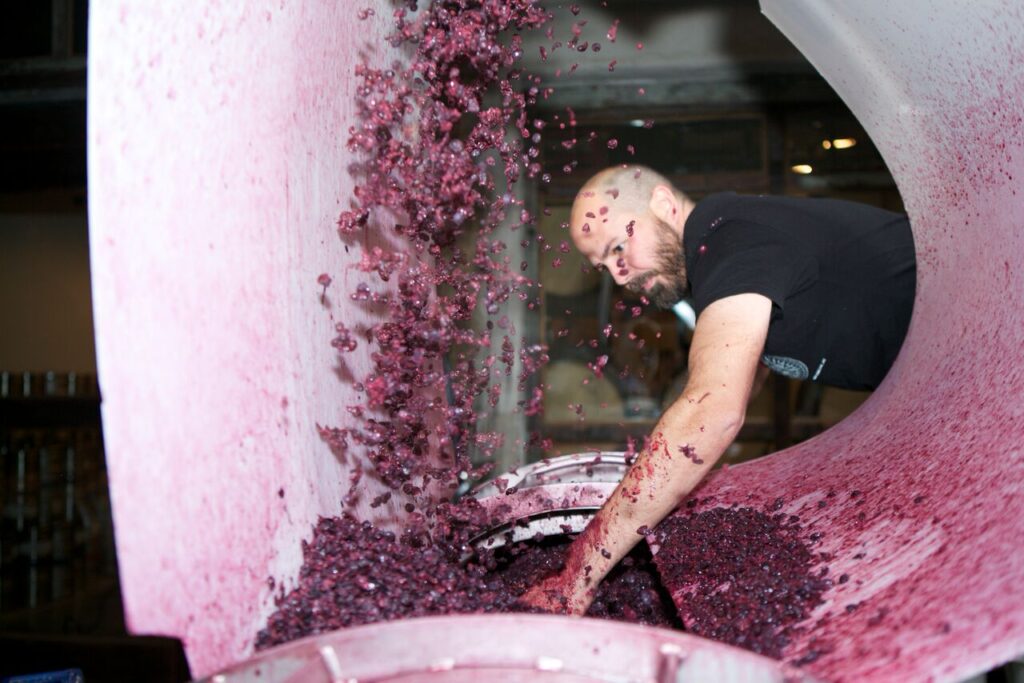
They also host weddings and private events. The mounting success of Brooklyn Winery has led to an expansion into Washington D.C., with plans to open District Winery next year.
Experience evolution
The passion behind Brooklyn Winery has evolved almost as much as the business itself.
For Leventhal, the primary driver has never been wealth. Initially, he was driven by the idea — having it, believing in it and experiencing the satisfaction inherent in making it happen.
Now, Leventhal’s motivation comes from the people on both sides of his business: His clients and his employees. In his time working for a startup where morale was low, Leventhal became aware of the responsibility to create and maintain a culture that ensures his employees are happy to work for him.
Though he had to give up on his original idea of providing customers with the same experience Leventhal and his friends had, Leventhal has the opportunity to provide another kind of experience. While the patrons of Brooklyn Winery may not be squishing their own grapes, they are still having an experience, whether it’s a wedding or a special night out. And Leventhal gets to be an author and a witness to these meaningful moments in people’s lives.



